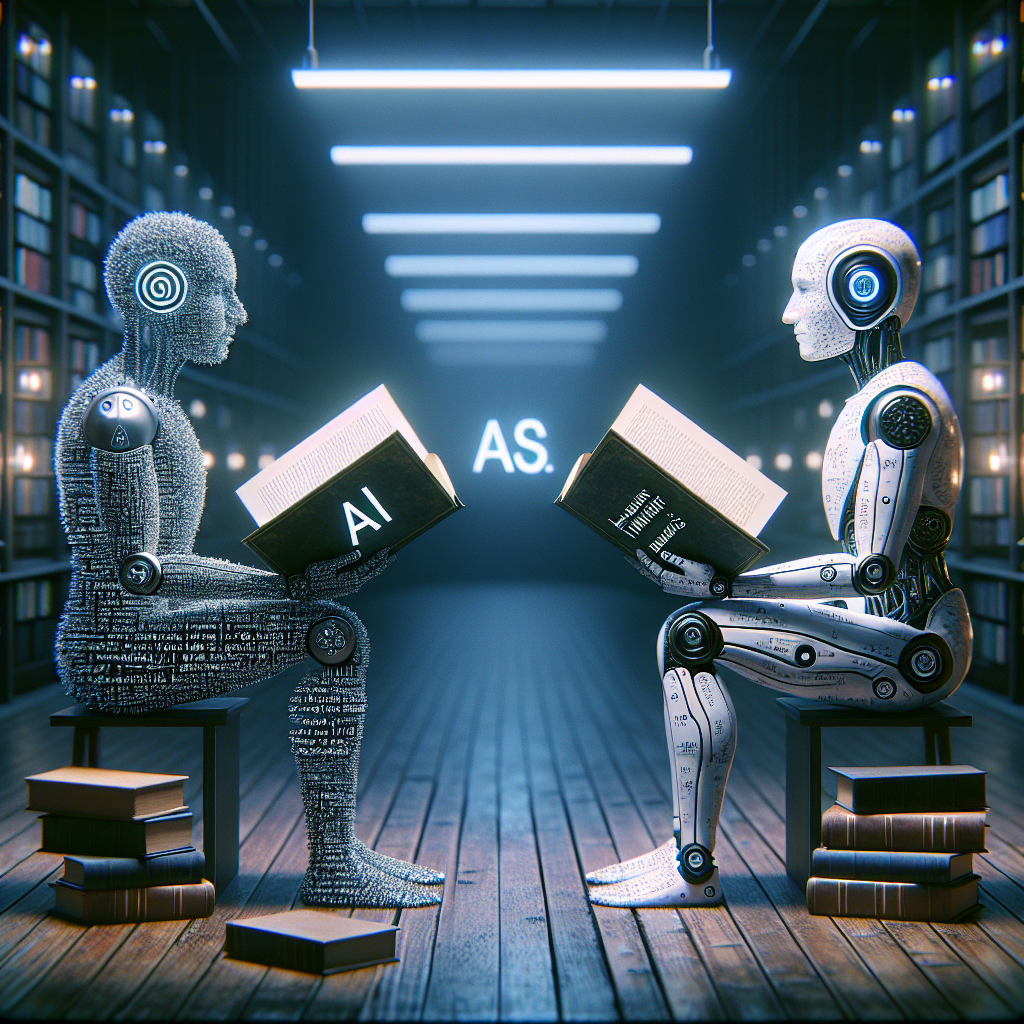Artificial Intelligence (AI) and Machine Learning are two terms that are often used interchangeably, but they are actually quite different in terms of their capabilities and applications. While both technologies involve the use of algorithms to process data and make decisions, AI is a broader concept that encompasses a wide range of technologies, while Machine Learning is a specific subset of AI that focuses on the development of algorithms that can learn from data.
AI is the simulation of human intelligence processes by machines, particularly computer systems. These processes include learning (the acquisition of information and rules for using the information), reasoning (using rules to reach approximate or definite conclusions), and self-correction. AI systems can be designed to perform a wide range of tasks, from playing chess to driving cars to recognizing speech.
Machine Learning, on the other hand, is a subset of AI that focuses on the development of algorithms that can learn from and make predictions or decisions based on data. In other words, Machine Learning is a way of achieving AI. Machine Learning algorithms are designed to learn from examples, rather than being explicitly programmed to perform a specific task.
One of the key differences between AI and Machine Learning is the level of human intervention required. AI systems are typically designed and developed by humans, who program the system to perform specific tasks. In contrast, Machine Learning algorithms are designed to learn from data without the need for human intervention. This means that Machine Learning systems can adapt and improve their performance over time, based on the data they are exposed to.
Another difference between AI and Machine Learning is the level of complexity involved. AI systems are generally more complex and require more computational power than Machine Learning algorithms. This is because AI systems are designed to perform a wide range of tasks, while Machine Learning algorithms are focused on a specific task or problem.
Despite these differences, AI and Machine Learning are closely related and can be used together to create powerful systems that can perform complex tasks. For example, AI systems can be used to analyze large amounts of data and generate insights, while Machine Learning algorithms can be used to make predictions or decisions based on that data.
In conclusion, AI is a broad concept that encompasses a wide range of technologies, while Machine Learning is a specific subset of AI that focuses on the development of algorithms that can learn from data. Both technologies have their own strengths and weaknesses, but when used together, they can create powerful systems that can perform complex tasks with ease.
FAQs:
1. What are some examples of AI applications?
AI applications are used in a wide range of industries, including healthcare, finance, transportation, and retail. Some examples of AI applications include virtual assistants, self-driving cars, fraud detection systems, and recommendation engines.
2. How does Machine Learning work?
Machine Learning algorithms work by learning from examples. These algorithms are trained on a dataset of examples, which is used to teach the algorithm how to make predictions or decisions. As the algorithm is exposed to more data, it can improve its performance and make more accurate predictions.
3. What are some common Machine Learning algorithms?
Some common Machine Learning algorithms include linear regression, logistic regression, decision trees, support vector machines, and neural networks. Each algorithm has its own strengths and weaknesses, and is suited to different types of problems.
4. Can AI systems learn on their own?
AI systems can be designed to learn on their own, without the need for human intervention. These systems are known as autonomous AI systems, and can adapt and improve their performance over time based on the data they are exposed to.
5. What are some challenges in the development of AI and Machine Learning systems?
Some challenges in the development of AI and Machine Learning systems include the need for large amounts of data, the complexity of algorithms, and the ethical implications of using AI systems. Additionally, AI and Machine Learning systems can be prone to bias and errors, which can impact their performance and accuracy.

